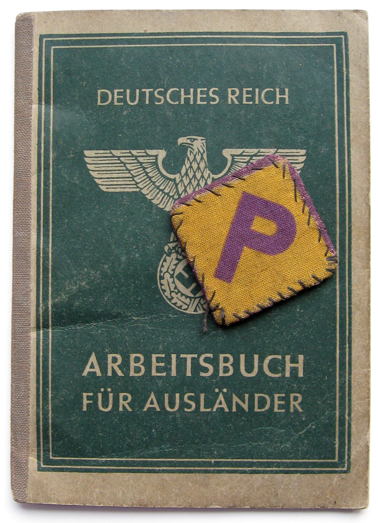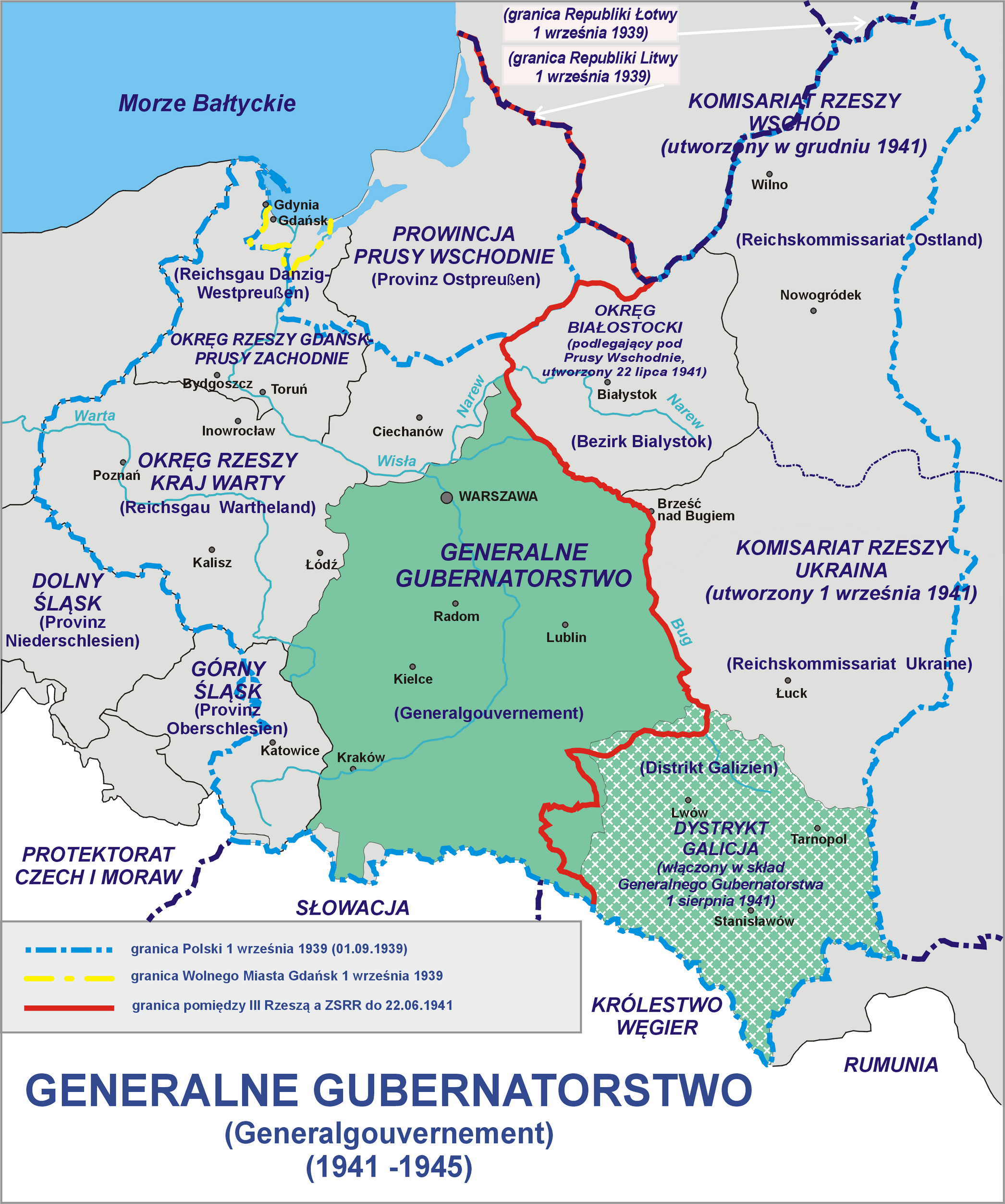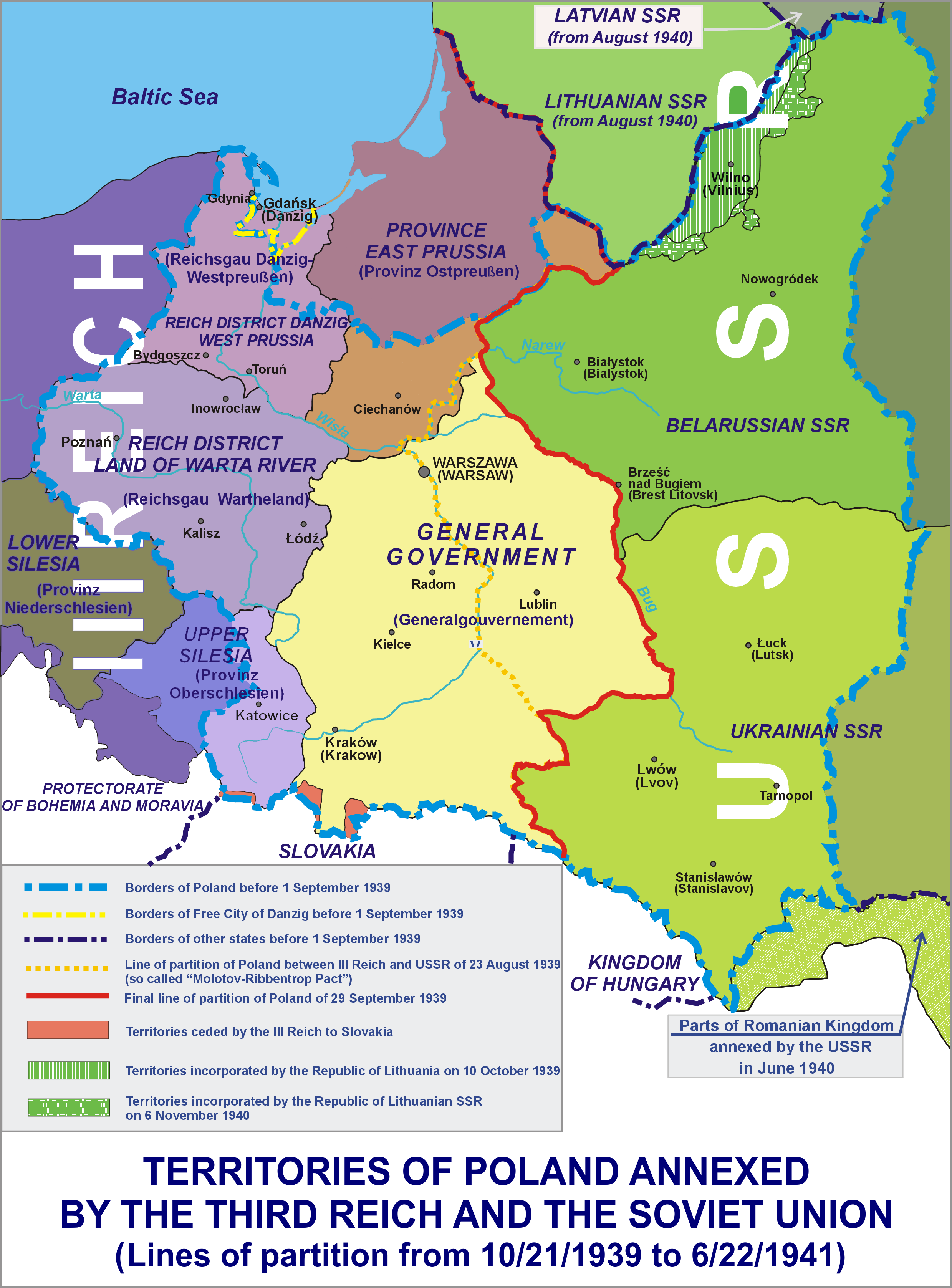|
Wola, Masovian Voivodeship
Wola is a village in the administrative district of Gmina Czerwińsk nad Wisłą, within Płońsk County, Masovian Voivodeship, in central Poland, on the Vistula river. It lies approximately north-west of Czerwińsk nad Wisłą, south of Płońsk, and north-west of Warsaw. History During the German occupation of Poland in World War II, in 1940, the German gendarmerie carried out expulsions of Poles, who were afterwards deported to forced labour, while their houses and farms were handed over to German colonists as part of the ''Lebensraum (, ) is a German concept of expansionism and Völkisch movement, ''Völkisch'' nationalism, the philosophy and policies of which were common to German politics from the 1890s to the 1940s. First popularized around 1901, '' lso in:' beca ...'' policy. References Populated places on the Vistula Villages in Płońsk County {{Płońsk-geo-stub ... [...More Info...] [...Related Items...] OR: [Wikipedia] [Google] [Baidu] |
List Of Sovereign States
The following is a list providing an overview of sovereign states around the world with information on their status and recognition of their sovereignty. The 205 listed states can be divided into three categories based on membership within the United Nations System: 193 member states of the United Nations, UN member states, two United Nations General Assembly observers#Current non-member observers, UN General Assembly non-member observer states, and ten other states. The ''sovereignty dispute'' column indicates states having undisputed sovereignty (188 states, of which there are 187 UN member states and one UN General Assembly non-member observer state), states having disputed sovereignty (15 states, of which there are six UN member states, one UN General Assembly non-member observer state, and eight de facto states), and states having a political status of the Cook Islands and Niue, special political status (two states, both in associated state, free association with New ... [...More Info...] [...Related Items...] OR: [Wikipedia] [Google] [Baidu] |
Institute Of National Remembrance
The Institute of National Remembrance – Commission for the Prosecution of Crimes against the Polish Nation (, abbreviated IPN) is a Polish state research institute in charge of education and archives which also includes two public prosecution service components exercising investigative, prosecution and Lustration in Poland, lustration powers. The IPN was established by the Polish parliament by the Act on the Institute of National Remembrance of 18 December 1998 through reforming and expanding the earlier Main Commission for the ''Investigation'' of Crimes against the Polish Nation of 1991, which itself had replaced the General Commission for Research on Fascist Crimes, a body established in 1945 focused on investigating the crimes of the Nazi administration in Poland during World War II. In 2018, IPN's mission statement was amended by the controversial Amendment to the Act on the Institute of National Remembrance to include "protecting the reputation of the Republic of Poland ... [...More Info...] [...Related Items...] OR: [Wikipedia] [Google] [Baidu] |
Lebensraum
(, ) is a German concept of expansionism and Völkisch movement, ''Völkisch'' nationalism, the philosophy and policies of which were common to German politics from the 1890s to the 1940s. First popularized around 1901, ''[Also in:]'' became a Geopolitics, geopolitical goal of German Empire, Imperial Germany in World War I (1914–1918), as the core element of the of territorial expansion. The most extreme form of this ideology was supported by the Nazi Party and Nazi Germany, the ultimate goal of which was to establish a Greater Germanic Reich, Greater German Reich. was a leading motivation of Nazi Germany to initiate World War II, and it would continue this policy until End of World War II in Europe, the end of the conflict. Following Adolf Hitler's rise to power, became an ideological principle of Nazism and provided justification for the German territorial expansion into Central and Eastern Europe. The Nazi policy () was based on its tenets. It stipulated that Germa ... [...More Info...] [...Related Items...] OR: [Wikipedia] [Google] [Baidu] |
Germans
Germans (, ) are the natives or inhabitants of Germany, or sometimes more broadly any people who are of German descent or native speakers of the German language. The Basic Law for the Federal Republic of Germany, constitution of Germany, implemented in 1949 following the end of World War II, defines a German as a German nationality law, German citizen. During the 19th and much of the 20th century, discussions on German identity were dominated by concepts of a common language, culture, descent, and history.. "German identity developed through a long historical process that led, in the late 19th and early 20th centuries, to the definition of the German nation as both a community of descent (Volksgemeinschaft) and shared culture and experience. Today, the German language is the primary though not exclusive criterion of German identity." Today, the German language is widely seen as the primary, though not exclusive, criterion of German identity. Estimates on the total number of Germ ... [...More Info...] [...Related Items...] OR: [Wikipedia] [Google] [Baidu] |
Forced Labour Under German Rule During World War II
The use of Slavery, slave and forced labour in Nazi Germany () and throughout German-occupied Europe during World War II took place on an unprecedented scale. It was a vital part of the Economics of fascism#Political economy of Nazi Germany, German economic exploitation of conquered territories. It also contributed to the mass extermination of populations in occupied Europe. The Germans abducted approximately 12million people from almost twenty European countries; about two thirds came from Central Europe and Eastern Europe.Part1 an Part 2 . Many workers died as a result ... [...More Info...] [...Related Items...] OR: [Wikipedia] [Google] [Baidu] |
Expulsion Of Poles By Nazi Germany
The Expulsion of Poles by Nazi Germany during World War II was a massive operation consisting of the forced resettlement of over 1.7 million Polish people, Poles from the territories of Occupation of Poland (1939–1945), German-occupied Poland, with the aim of their Germanisation in Poland (1939–1945), Germanization (see ''Lebensraum'') between 1939 and 1944. The German Government had plans for the extensive Settler colonialism, colonisation of territories of occupied Poland, which were annexed directly into Nazi Germany in 1939. Eventually these plans grew bigger to include parts of the General Government. The region was to become a "purely German area" within 15–20 years, as explained by Adolf Hitler in March 1941. By that time the General Government was to be cleared of 15 million Polish nationals, and resettled by 4–5 million ethnic Germans. The operation was the culmination of the expulsion of Poles by Germany carried out since the 19th century, when Poland was Parti ... [...More Info...] [...Related Items...] OR: [Wikipedia] [Google] [Baidu] |
World War II
World War II or the Second World War (1 September 1939 – 2 September 1945) was a World war, global conflict between two coalitions: the Allies of World War II, Allies and the Axis powers. World War II by country, Nearly all of the world's countries participated, with many nations mobilising all resources in pursuit of total war. Tanks in World War II, Tanks and Air warfare of World War II, aircraft played major roles, enabling the strategic bombing of cities and delivery of the Atomic bombings of Hiroshima and Nagasaki, first and only nuclear weapons ever used in war. World War II is the List of wars by death toll, deadliest conflict in history, causing World War II casualties, the death of 70 to 85 million people, more than half of whom were civilians. Millions died in genocides, including the Holocaust, and by massacres, starvation, and disease. After the Allied victory, Allied-occupied Germany, Germany, Allied-occupied Austria, Austria, Occupation of Japan, Japan, a ... [...More Info...] [...Related Items...] OR: [Wikipedia] [Google] [Baidu] |
Occupation Of Poland (1939–1945)
During World War II, Poland was occupied by Nazi Germany and the Soviet Union following the invasion in September 1939, and it was formally concluded with the defeat of Germany by the Allies in May 1945. Throughout the entire course of the occupation, the territory of Poland was divided between Nazi Germany and the Soviet Union (USSR), both of which intended to eradicate Poland's culture and subjugate its people. In the summer-autumn of 1941, the lands which were annexed by the Soviets were overrun by Germany in the course of the initially successful German attack on the USSR. After a few years of fighting, the Red Army drove the German forces out of the USSR and crossed into Poland from the rest of Central and Eastern Europe. Sociologist Tadeusz Piotrowski argues that both occupying powers were hostile to the existence of Poland's sovereignty, people, and the culture and aimed to destroy them. Before Operation Barbarossa, Germany and the Soviet Union coordinated th ... [...More Info...] [...Related Items...] OR: [Wikipedia] [Google] [Baidu] |
Warsaw
Warsaw, officially the Capital City of Warsaw, is the capital and List of cities and towns in Poland, largest city of Poland. The metropolis stands on the Vistula, River Vistula in east-central Poland. Its population is officially estimated at 1.86 million residents within a Warsaw metropolitan area, greater metropolitan area of 3.27 million residents, which makes Warsaw the List of cities in the European Union by population within city limits, 6th most-populous city in the European Union. The city area measures and comprises List of districts and neighbourhoods of Warsaw, 18 districts, while the metropolitan area covers . Warsaw is classified as an Globalization and World Cities Research Network#Alpha 2, alpha global city, a major political, economic and cultural hub, and the country's seat of government. It is also the capital of the Masovian Voivodeship. Warsaw traces its origins to a small fishing town in Masovia. The city rose to prominence in the late 16th cent ... [...More Info...] [...Related Items...] OR: [Wikipedia] [Google] [Baidu] |
Płońsk
Płońsk (; ) is a town in central Poland with 21,591 inhabitants (2022). Situated at the Płonka river in the historic region of Mazovia, it is the seat of Płońsk County in the Masovian Voivodeship. History According to archaeological research, the Płońsk Gord (archaeology), stronghold was built in the late 10th century within the Duchy of Poland (c. 960–1025), early Polish state. Dating back to 1155, is the first historical record confirming the existence of Płońsk. Around the castle a group of inhabitants was formed, most of whom initially worked on the land. As a result of the fragmentation of medieval Piast dynasty, Piast-ruled Poland, it was part of the duchies of Duchy of Masovia, Masovia and Płock, and then it was a royal city in Poland, royal town of the Polish Crown, administratively located in the Płock Voivodeship (1495–1793), Płock Voivodeship in the Greater Poland Province, Crown of the Kingdom of Poland, Greater Poland Province. In 1400, Siemowit IV, Du ... [...More Info...] [...Related Items...] OR: [Wikipedia] [Google] [Baidu] |
Vistula
The Vistula (; ) is the longest river in Poland and the ninth-longest in Europe, at in length. Its drainage basin, extending into three other countries apart from Poland, covers , of which is in Poland. The Vistula rises at Barania Góra in the south of Poland, above sea level in the Silesian Beskids (western part of Carpathian Mountains), where it begins with the White Little Vistula (''Biała Wisełka'') and the Black Little Vistula (''Czarna Wisełka''). It flows through Poland's largest cities, including Kraków, Sandomierz, Warsaw, Płock, Włocławek, Toruń, Bydgoszcz, Świecie, Grudziądz, Tczew and Gdańsk. It empties into the Vistula Lagoon (''Zalew Wiślany'') or directly into the Gdańsk Bay of the Baltic Sea with a river delta, delta of six main branches (Leniwka, Przekop, Śmiała Wisła, Martwa Wisła, Nogat and Szkarpawa). The river has many associations with culture of Poland, Polish culture, history and national identity. It is Poland's most important wat ... [...More Info...] [...Related Items...] OR: [Wikipedia] [Google] [Baidu] |








